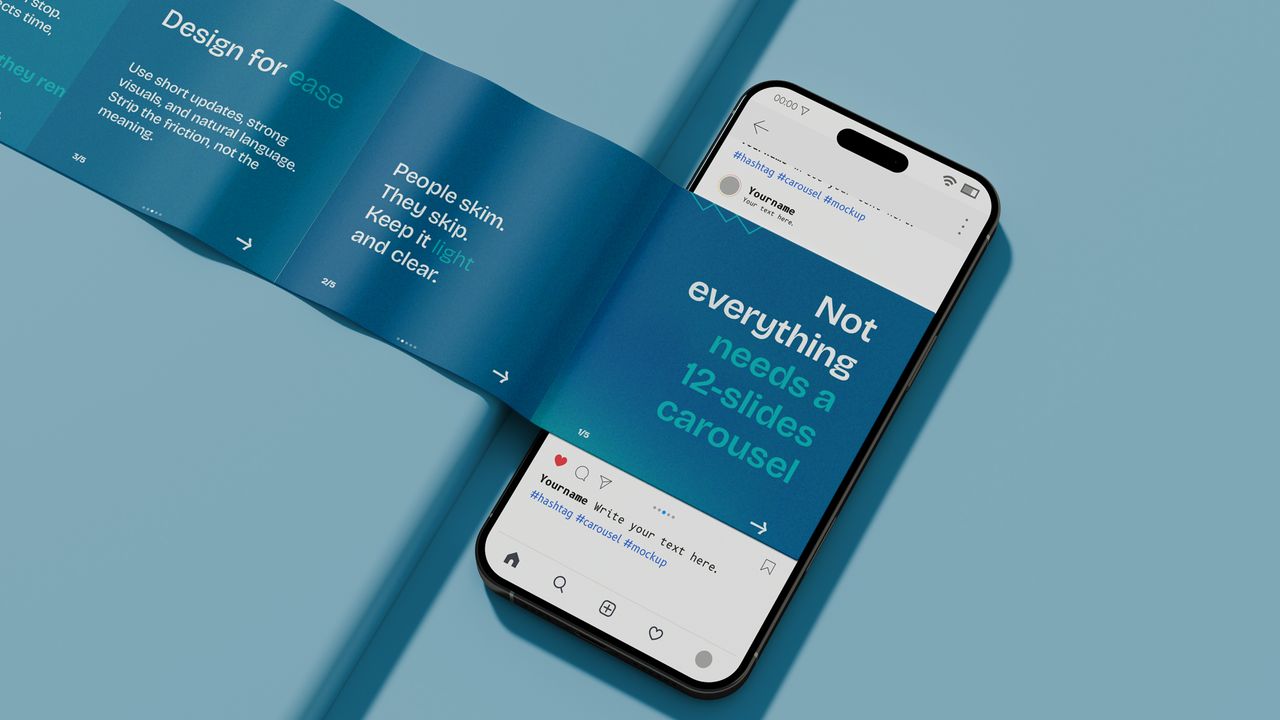The 4 event organiser apps we tested for you
September kicks off the busiest season in Brussels. Conferences, launches, and back-to-back events mean small teams are stretched thin and every hour you can save matters. The good news? A handful of tools can take the weight off your shoulders. We tested four apps that help you stay organised, avoid chaos, and deliver clean, well-run events without losing time to spreadsheets and email ping-pong.
Here’s what we found.
Partiful: best for standing out and getting people to engage

Partiful makes RSVP pages feel like mini-events. You can create something that looks fun, feels personal, and nudges people to show up. It's ideal if your audience is younger or used to digital-first invites. You don’t need to chase people for answers; the platform handles reminders and updates for you.
But it’s not for every crowd. If your invite list includes formal stakeholders or people who live by email, its text-first notifications and informal style may miss the mark.
Best for: shaking up the invite format, driving engagement, avoiding email fatigue.
Not ideal for: formal audiences, complex logistics, high-sensitivity data.
Mobilizon: best for control and community

Mobilizon is open-source, ad-free, and doesn’t sell your data. That alone makes it worth considering if you’re working in a values-driven or privacy-sensitive context. It’s especially useful if you want to keep your event ecosystem independent and skip third-party platforms. You can even host your own instance and build a dedicated event space for your community.
It takes a bit of tech know-how to set it up, and discoverability is low compared to bigger platforms. But the trade-off is worth it if you're looking for long-term autonomy and a strong, self-managed network.
Best for: building your own space, stakeholder control, community events.
Not ideal for: one-off high-visibility events, public outreach, quick setup.
RSVPify: best for customisation and control

RSVPify is a strong option when you need to track who’s coming, what they need, and whether they’re bringing a guest. You can customise forms, automate follow-ups, and pull clean lists without toggling between tools.
It’s less visually polished, and some features are behind a paywall. But for teams managing detailed logistics (like meals, guest types, or seating plans), it’s a time-saver.
Best for: tight guest list control, stakeholder mapping, complex RSVP needs.
Not ideal for: budget-limited events, visual branding, public outreach.
Eventbrite Organiser: best for reach and ticketing

If you need your event to show up in search results, Eventbrite gives you that extra visibility. It handles registrations, on-the-day check-ins, and last-minute changes smoothly, which is especially useful when you have a high volume of attendees or limited team capacity.
The catch: you’ll deal with service fees, slower payouts, and a slightly clunky interface. But when reach and logistics matter most, it gets the job done.
Best for: public events, reach in Brussels, high-volume registration.
Not ideal for: budget-conscious events, flexible formats, strong branding control.
Our take
Each of these tools can save you time, reduce errors, and help a small team deliver with confidence. The trick is picking the one that fits your audience, your goals, and your format. Some help you look sharp and professional. Others free you from repetitive tasks so you can focus on what actually matters: stakeholder prep, creative formats, and a smooth experience from arrival to wrap-up.
If you’re heading into a packed autumn calendar, don’t leave it all to your inbox. Let the right tool do some of the work for you.
Conclusion
En savoir plus
Découvrez d'autres de nos revues, un trésor d'idées précieuses, de conseils pratiques et de tendances du secteur qui permettront à vos événements de passer à la vitesse supérieure.
Commencez à développer votre entreprise
Créez votre événement avec nos experts
















